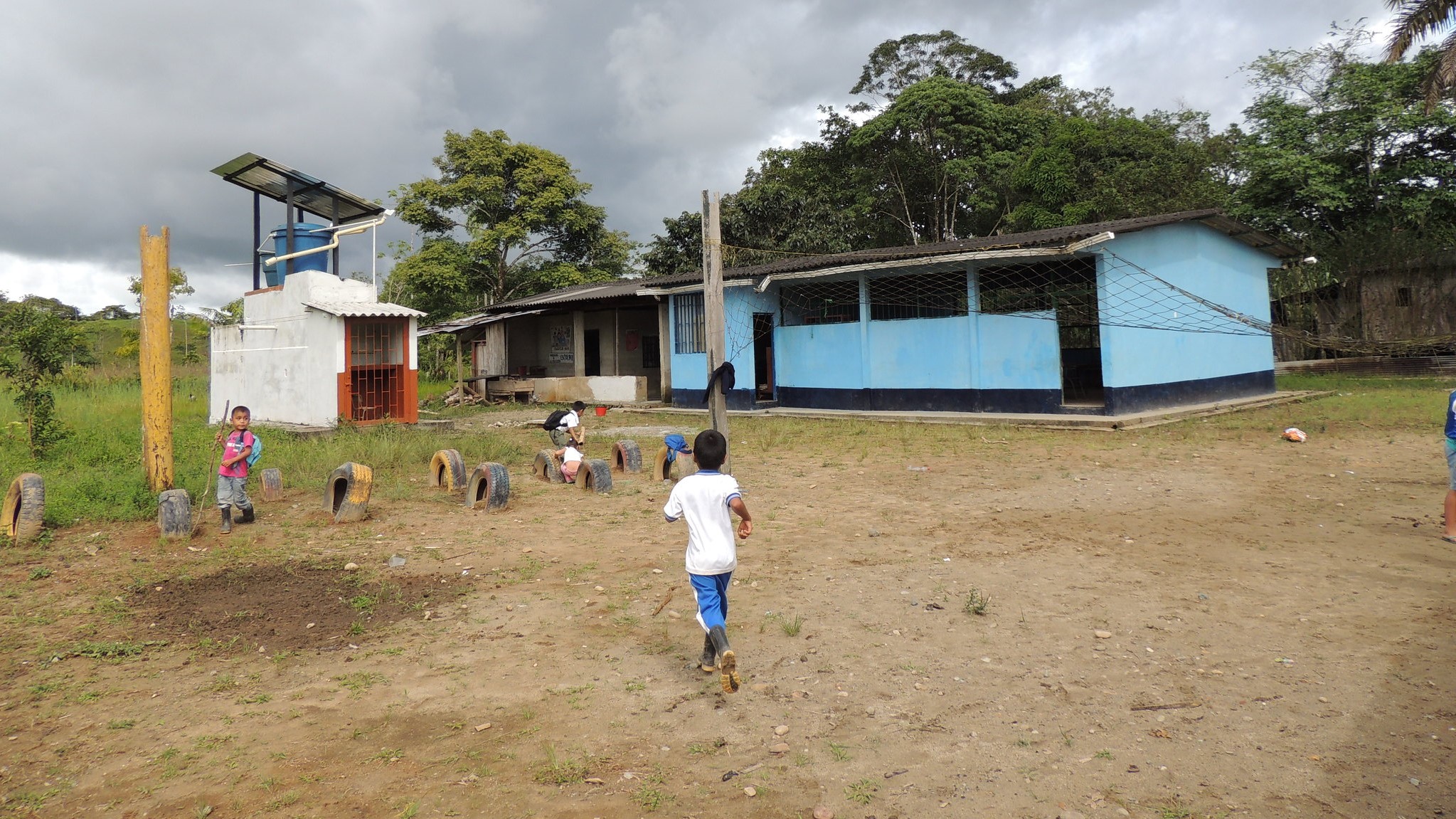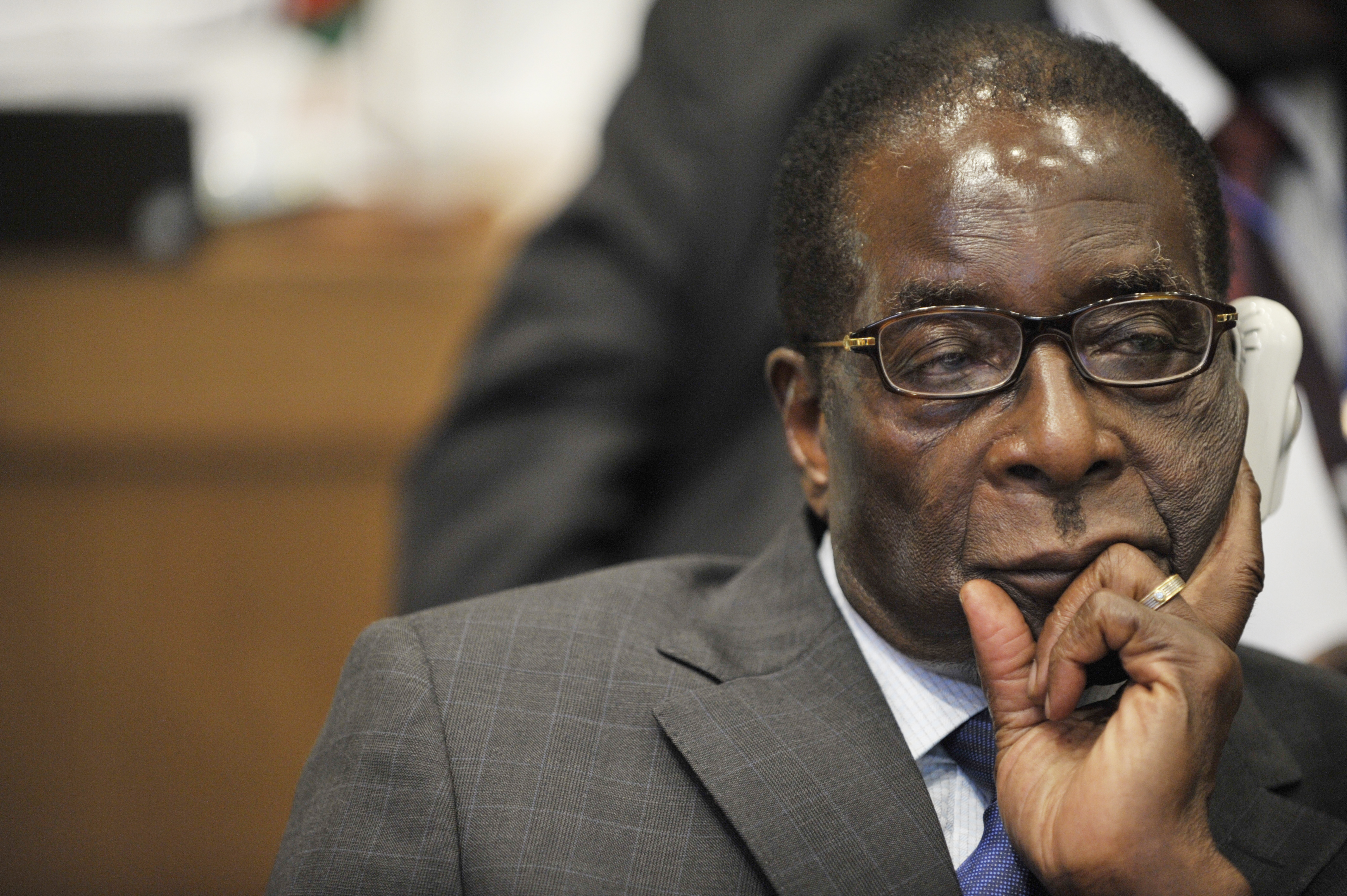MSc Development Studies alumna Shreya Gulati and co-author Anand B. examine three recent events affecting global markets – the Chinese Evergrande crisis, supply chain disruptions and rising inflation – with potential to contribute to a global financial crisis in the near future.
After a deep economic slowdown triggered by the Covid-19 pandemic, the world economy has started showing signs of a slow but steady recovery in recent months. The extensive vaccine drives across continents have indeed elevated spirit and confidence at a global level. However, some of the most recent developments might leave even an optimist concerned about the future course of the world GDP, as they have potential to inflict deeper cuts on the already bleeding global economy. Three such looming crises are briefly discussed here.
Evergrande crisis
Evergrande, the second largest Chinese private sector property developer, has recently made the headlines for the wrong reasons. The real estate behemoth, with diverse interests ranging from electric automobiles to theme parks has been struggling with liabilities worth $304 billion. The realty giant that sprawls across 280 Chinese cities with 1,300 projects ran into problems after the Chinese government had imposed strict financing rules for the real estate companies as a part of the long-term economic reforms. The policy to curb the housing market speculation required the private players to meet certain stringent conditions. As a result, private real estate developers like Evergrande found it extremely difficult to source fresh credit, stalling hundreds of ongoing projects. Also, the demand for new apartments has been hit severely due to the lockdown-induced economic fiasco. The panic among the buyers and the investors amid recent developments may substantially corrode consumer confidence, pulling the house prices further down. In the past week, it was revealed that as high as 128 banking institutions and 121 non-banking institutions had been exposed to Evergrande, cementing the fear of a financial contagion like the 2008 sub-prime crisis.
Interestingly, the Chinese central bank had warned about the likelihood of a financial contagion instigated by the irrational growth of the housing sector in its financial instability report way back in 2018. Such episodes can unsettle the global financial markets in a highly globalised world, causing investors’ savings worth billions to vanish into thin air. Moreover, real estate production and property services occupy a crucial role in the Chinese economy, accounting for 25% of its GDP. Thus, a realty sector slowdown can cascade into the rest of the economy and result in a sharp rise in unemployment. Considering China’s massive influence on the global economy, such a scenario could potentially trigger another global economic crisis. At this outset, the crucial question is whether Beijing would ring-fence the contagion by launching massive restructuring of Evergrande’s debts. Unfortunately, China’s latest decision to overhaul its housing market does not guarantee anything in this direction.
Disruptions in the global supply chain
Rising fossil fuel prices can disrupt the global supply chain and thwart the steady growth progress of the world economy. As the global economic recovery picks up pace, demand for conventional energy sources has risen substantially. However, tight supplies, adverse weather conditions, and stringent carbon emission restrictions adopted by several countries have resulted in substantial demand-supply imbalances. Recent news from both international crude oil and natural gas markets indicates the highest price peaks in the last seven years. Further, the electricity shortage in China has massively affected its industrial production. The shortage in coal supply due to international import restrictions and drop in domestic supplies forced Chinese thermal power stations to cut electricity production in order to increase the price beyond the official cap. Also, rising export demand for Chinese goods and extreme weather conditions worsened the supply-demand gap of electricity. With China being the world’s manufacturing hub, such disruptions in its manufacturing units have a catastrophic effect on the global supply chain leading to widespread cost-push inflation across continents. Another area worth mentioning is the semiconductor industry, an integral part of a wide array of electronic goods and the auto industry, whose supply chain has also been disrupted recently. The causes of these disruptions include shaky U.S-China trade relations, a massive plant fire in a leading auto chip maker’s factory in Japan, a recent heavy winter storm in Texas and a severe drought in Taiwan which drastically reduced water availability, a vital input of chip manufacturing. Above all, the pandemic-induced quarantine restrictions and port and customs-related disruptions have adversely impacted international trade speed and cost via sea. All the factors mentioned above can adversely impact the global supply chain and thus exert downward pressure on the global economic recovery at varying intensities and time scales.
Inflation
Consumer prices have been steadily rising in both developed and emerging economies for quite some time due to disruptions in supply chains, a sharp rise in demand (the release of pent-up demand), housing price shocks, labour market frictions and skyrocketing energy prices. At this juncture, the Central Banks across the world have been caught up in a conundrum. Any significant monetary policy tightening can hurt the economic recovery process badly. At the same time, a delayed response might push inflation to dangerous levels. More concerned about the latter possibility, several emerging economy central banks, including Poland, Russia, Mexico, Columbia, and Brazil, have started to raise the policy rates. The International Monetary Fund (IMF)’s latest World Economic outlook forecasts that the headline inflation is likely to peak up to 6.8% in emerging economies before stabilising to 4%. In the case of advanced economies, these numbers stand at 3.6% and 2%, respectively. Even more dangerous is the combination of higher food and fuel prices and labour market infirmities opening the Pandora’s box of stagflation, a scenario wherein persistent high inflation coexists with high unemployment. The peculiar situation indicates that central banks have less space to continue with their accommodative monetary policy in the short to medium run. The best option for the central banks (especially in emerging economies) is to continuously evaluate both the global and the domestic scenario and gradually unplug the pandemic induced stimulus packages to limit the inflationary pressure within the country-specific permissible limits and combat against the likelihood of an economy crippled by stagflation.
Conclusion
Rubbing salt into the wound, Europe has once again become the focal point as it accounts for nearly half of the newly reported Covid-19 infections and deaths across the world in November. Many European countries such as the Netherlands, Germany, Austria and Czech Republic consider various measures, including re-imposing lockdowns to curb the spread. At this juncture, only a twofold approach can stop the world economy from plunging into another painful economic recession like the global financial crisis of 2008. On the one hand, a synchronised and calibrated approach from the global policymakers. And the other hand, responsible public behaviour in strict adherence to social distancing, wearing masks and getting vaccinated as quickly as possible.
The views expressed in this post are those of the authors and in no way reflect those of the International Development LSE blog or the London School of Economics and Political Science.
Photo: China Evergrande Centre. Credit: Wpcpey on Wikimedia Commons.





